Many people are familiar with statistics about female sexual assaults, but they may not know the male statistics. One in 33 males are sexually assaulted in their lifetime, according to the Rape, Abuse & Incest National Network.
The largely forgotten conversation about male survivors of sexual assault contributes to a lack of reporting instances and a lack of understanding.
There are marked differences between males and females regarding sexual assault, Meghan Stroshine, an associate professor in the social and cultural sciences department, said.
“Males are far less likely to report their victimization and therefore far less likely to seek or obtain help,” Stroshine, who researches researches policing and domestic violence, said. “Male victims are more likely than females to be victimized by a stranger and by someone of the same sex.”
Stroshine said for a survivor to report an assault, the person must perceive the event as an assault. Many survivors believe it was simply a bad experience or mistake, or they just blame themselves for the event. Once the survivor labels the event as an assault, they also must decide if they want to disclose it, Stroshine added.
“Males may be particularly unlikely to report and come forward because victims are thought to be weak, vulnerable, unable to protect themselves and in need of help or assistance,” Stroshine said. “These attributes conflict with many males’ definitions of what it means to be a ‘strong’ man in contemporary society.
“If assaulted by a female, male victims may be afraid they will not be believed. If assaulted by another male, male survivors may be afraid they will be accused of enjoying it or labeled as ‘gay,'” Stroshine said.
Assistant professor of journalism and media studies Pamela Hill Nettleton researches how media affect society.
Media messages about masculinity have contributed to harmful beliefs that men will be called “weak” or “gay” if they were sexually assaulted by another man, Nettleton said
“The statistics are overwhelming that most perpetrators of sexual violence and most perpetrators of physical violence are men,” Nettleton said. “But the statistics of who they are doing that to we’re not as certain of. We know that women underreport … The men who do report being victimized say that it comes with great shame and that they don’t know who to tell it to.”
Nettleton conducted a study in 2011 analyzing how magazines portray domestic violence. She said one of her key findings was that the magazines often shied away from issues involving domestic violence. She emphasized the need to break the stigma that assault can’t happen to males.
“Assault is assault,” Nettleton said. “You’re not protected from it just because you’re some big guy.”
Marquette University Police Department Lieutenant Jill Weisensel co-founded T.A.K.E.S. A.C.T.I.O.N., a bystander intervention program aimed at helping people avoid victimizing situations.
The program helps teach people to not have biases or assumptions about a situation and that a situation does not have to fall into preconceived defaults for someone to intervene.
“All allegations are treated the same and given the same level of respect,” Weisensel said. “That’s the same level of respect that we ask of other students. Listen to your friends. Let them have their voice.”
Three percent of American men experience sexual assault, according to RAINN. But that number is most likely significantly less than what actually occurs because of underreporting, Weisensel said.
Normalization can also play a large role in underreporting. Nettleton remembers a case in a meatpacking plant in Long Prairie, Minnesota, where sexual harassment had been going on for many years in vats of meat and was covered up by the workers’ union.
“Small town, not a lot of jobs, men go to work at the meatpacking plant and there was just the whole culture of harassment,” Nettleton said. “This had become this culture where this was so normalized that guys almost didn’t see it as wrong.”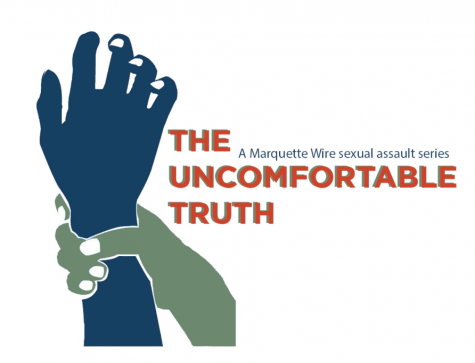
There are other examples of normalization: researchers Jim Hopper and Russell Strand said in 2015 that in the United States military, roughly 10,800 men are sexually assaulted every year. Of those 10,800, only 13 percent report being victims of sexual assault.
The Penn State scandal and controversies regarding the Catholic Church also imply normalization. Nettleton said there is one way to break this harmful normalization.
“Men need to start holding other men accountable,” Nettleton said. “I think that’s the only way this is going to happen.”



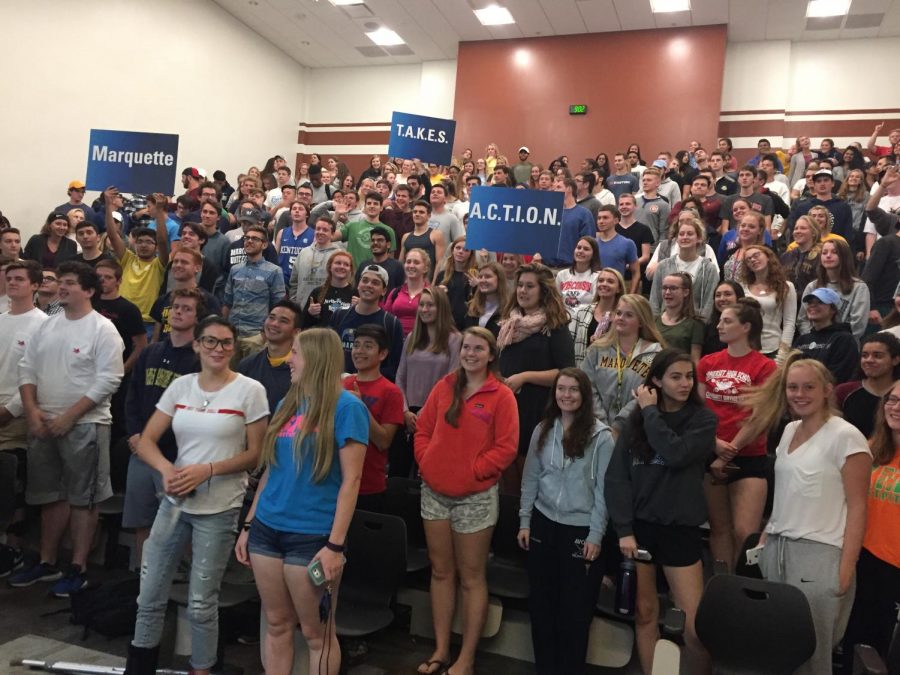
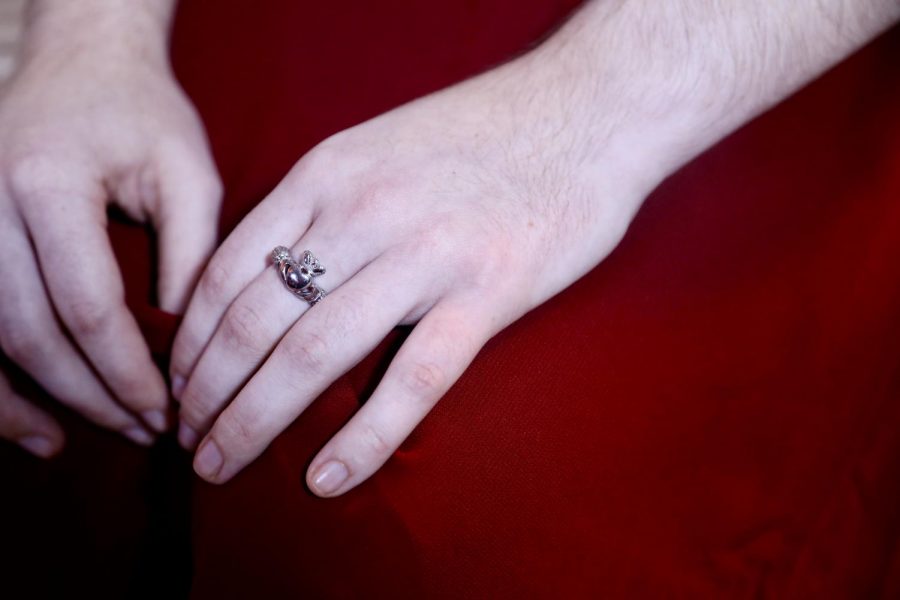
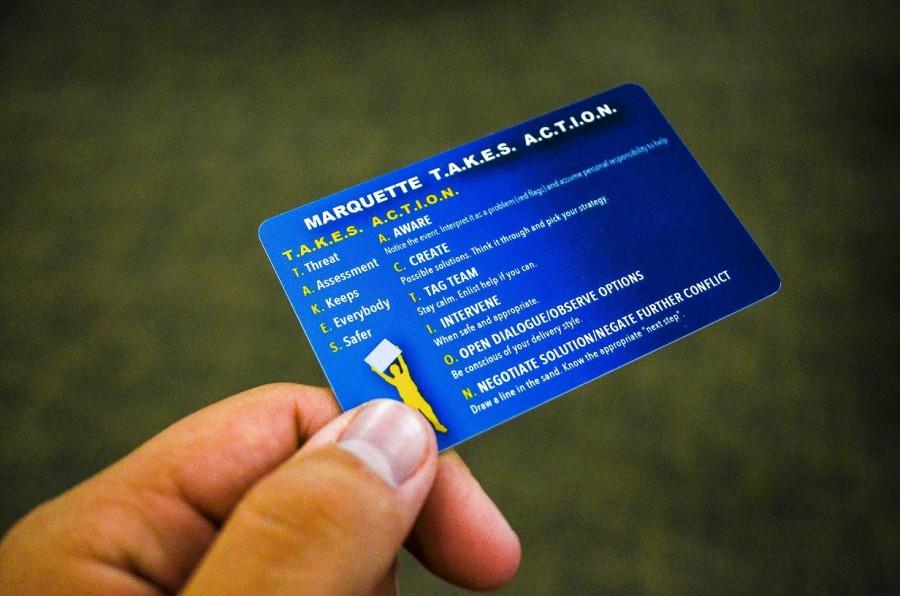
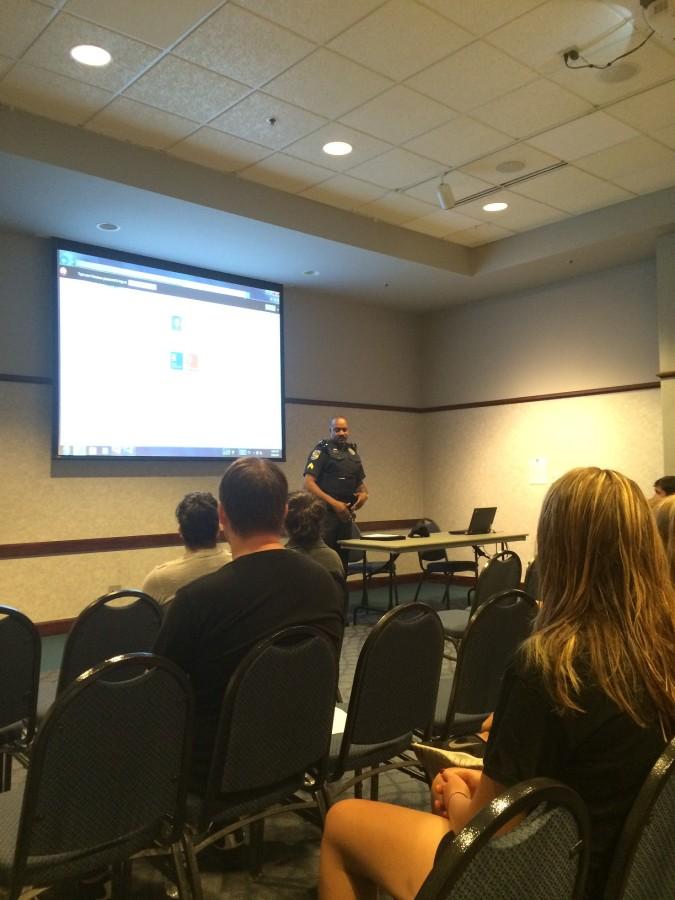
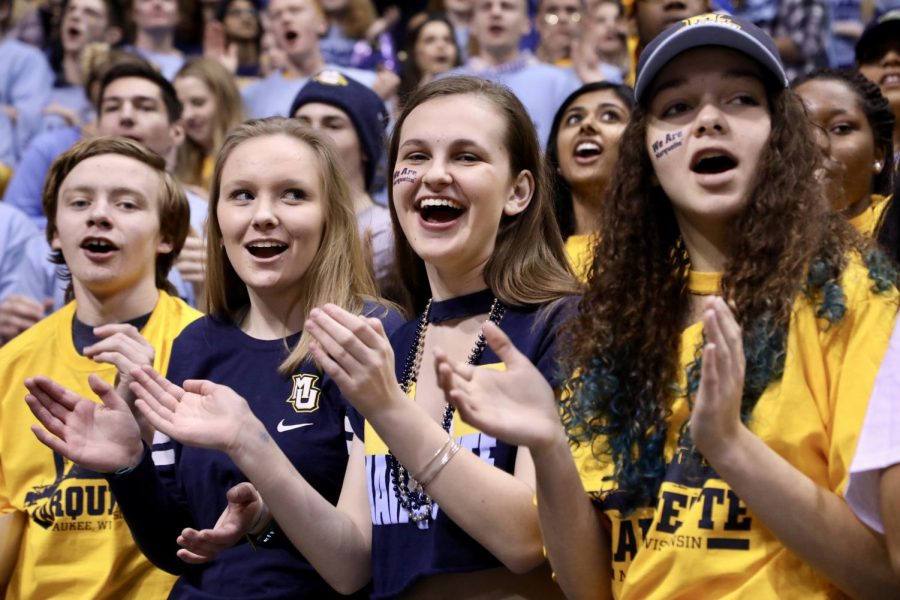
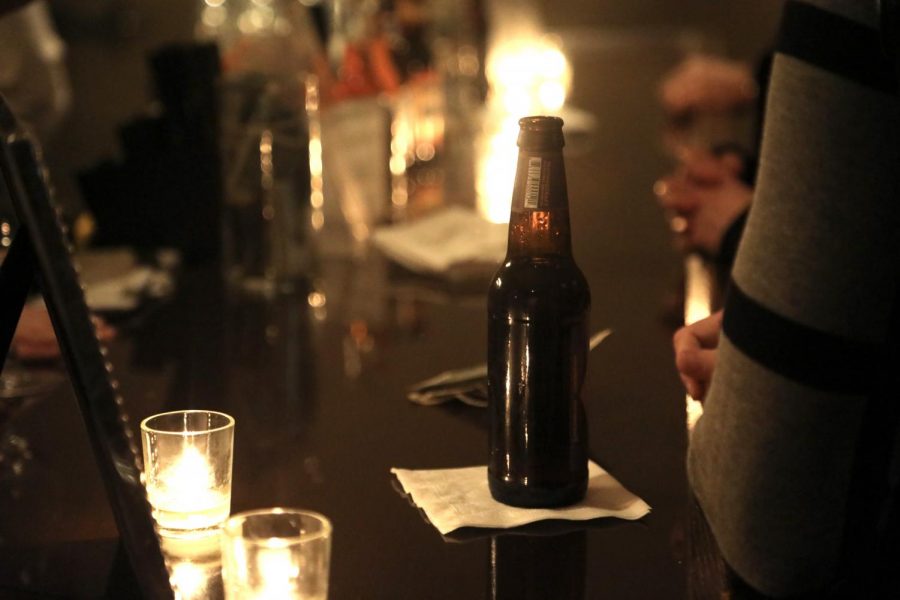
Dawn Marie Galtieri • Jan 9, 2019 at 10:19 am
I believe that this was happening to males in the late 70’s at Marquette. In at least once situation, it may have led to a students suicide on campus.
See Matthew’s most recent article on Jesuits accused of abuse. See Francis M Landwermeyer. I have a lot of research from the MU archive.
Daniel • Mar 8, 2018 at 6:01 pm
I never saw myself as a victim of sexual abuse. I thought I was a willing and consenting accomplice. It took decades, major depression, and the grace of God to finally understand it was abuse. What a revelation. How freeing! But then the floodgates of emotion were opened and I was a wreck for awhile. The enormity of it all hit me. And I didn’t handle it like a man in his forties, but like the boy and teenager I was when it stopped.
Still recovering from the shock of the realization that I was a victim.
Jeremy • Feb 27, 2018 at 7:52 pm
I recently opened a gallery, and the first artist I recruited was a rape and incest survivor. She was beginning a series about sexual abuse survivors which focuses on their traumas and mental illness. I found her courage to talk about her experience both disturbing and inspirational. As a male survivor of sexual assault perpetrated by a female, I’d always felt strongly about keeping that secret. However, the opportunity to be part of her series helped me change my convictions.
I’d been haunted by that secret my entire adult life, and judged wrongfully by many because of the unique lifestyle and the mental illness that I had developed. The fact that I kept the secret only ended up inviting a lot more abuse. I’d always had recurring nightmares about having a desperate need to speak, but no voice. As soon as I finally opened up about the abuse I’d been through, it was as if the heavens opened up on me. At the same time, a sequence of events played out which restored my self esteem, changing my life practically overnight. It’s my hope that my story can help others understand that the female rapist is no myth, and that it may come as a comfort to other survivors, that they may join the conversation.
Daniel • Mar 8, 2018 at 5:56 pm
Jeremy, it is no myth. I was sexually abused my multiple males and one female.
Been there. Done that. Scarred for life.